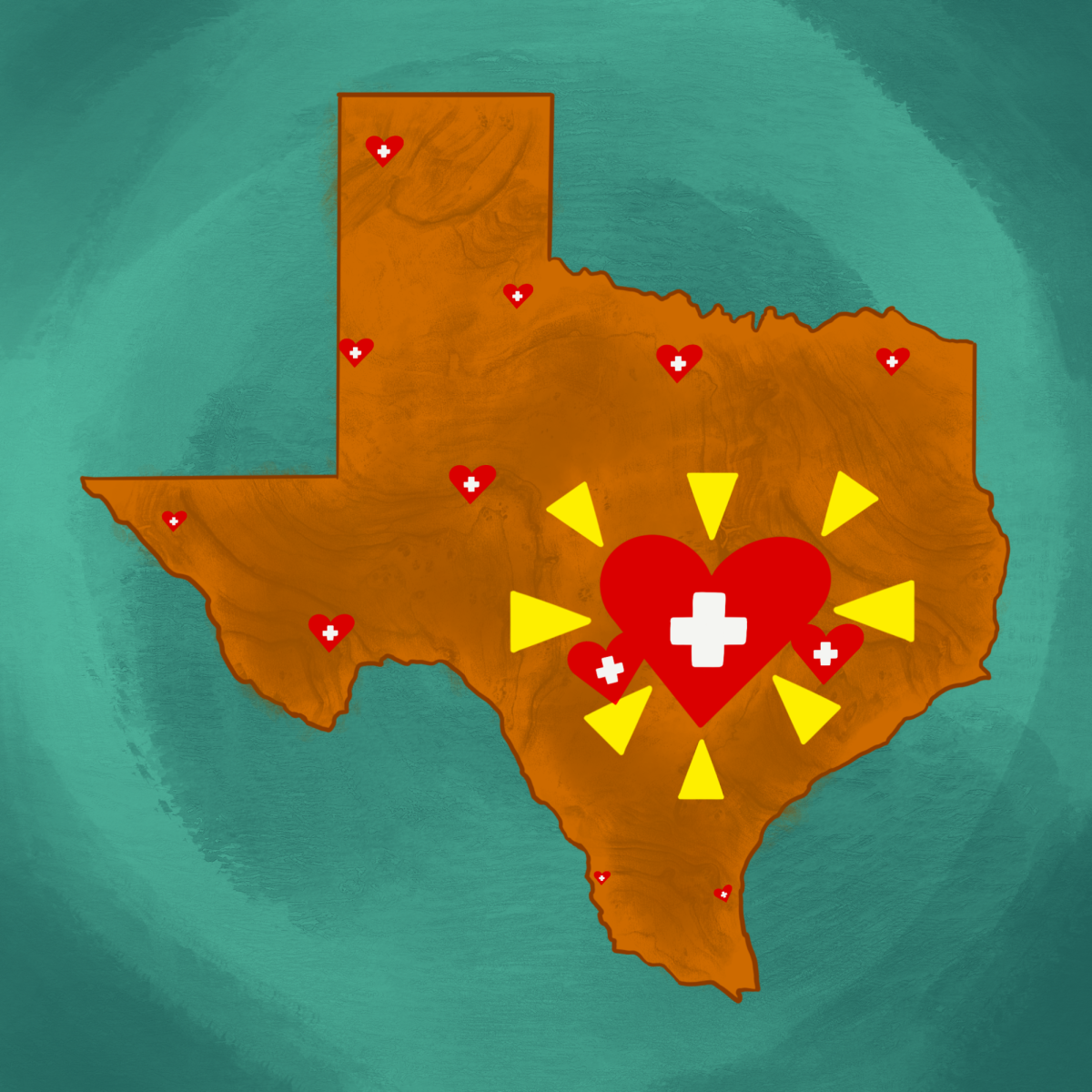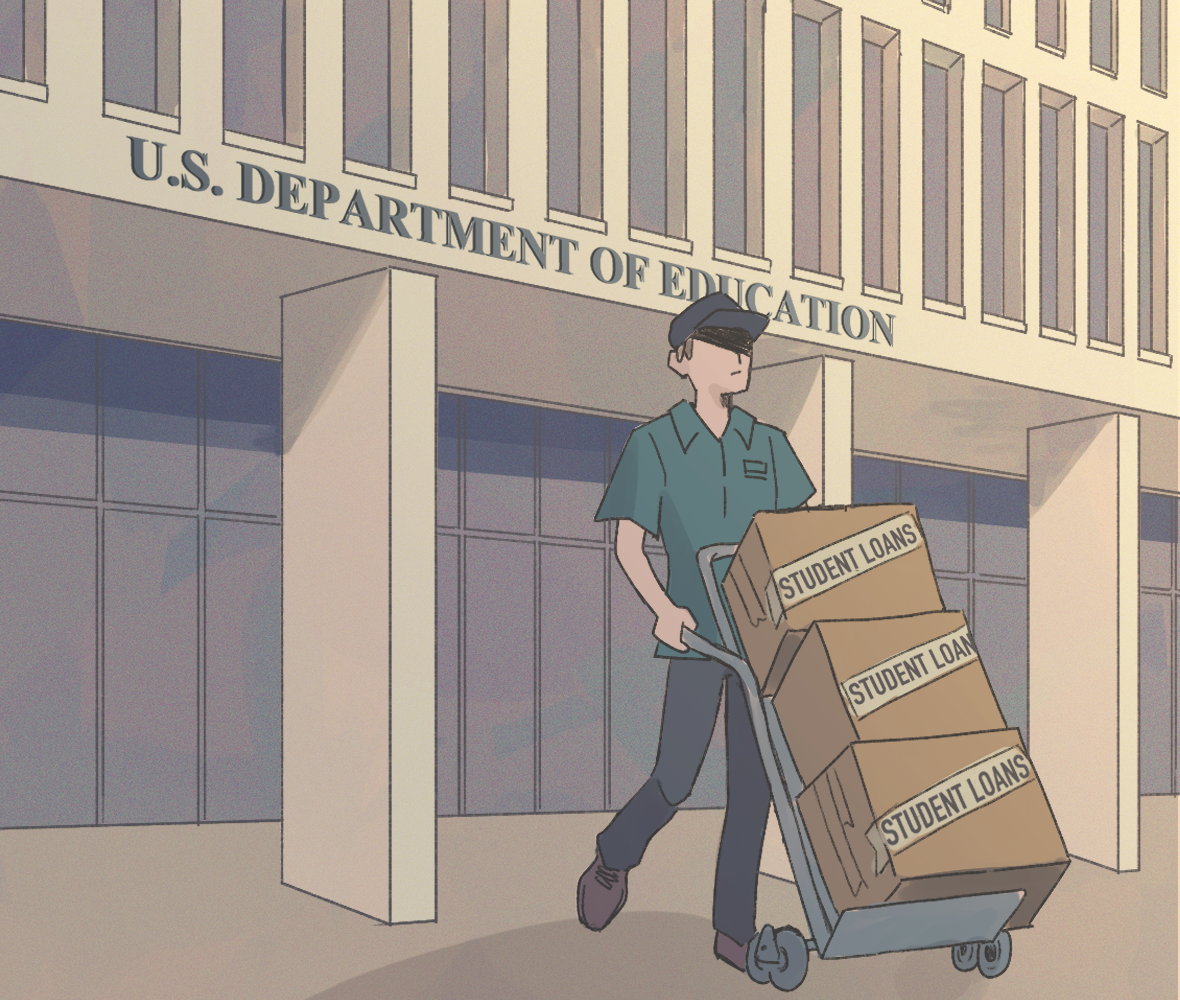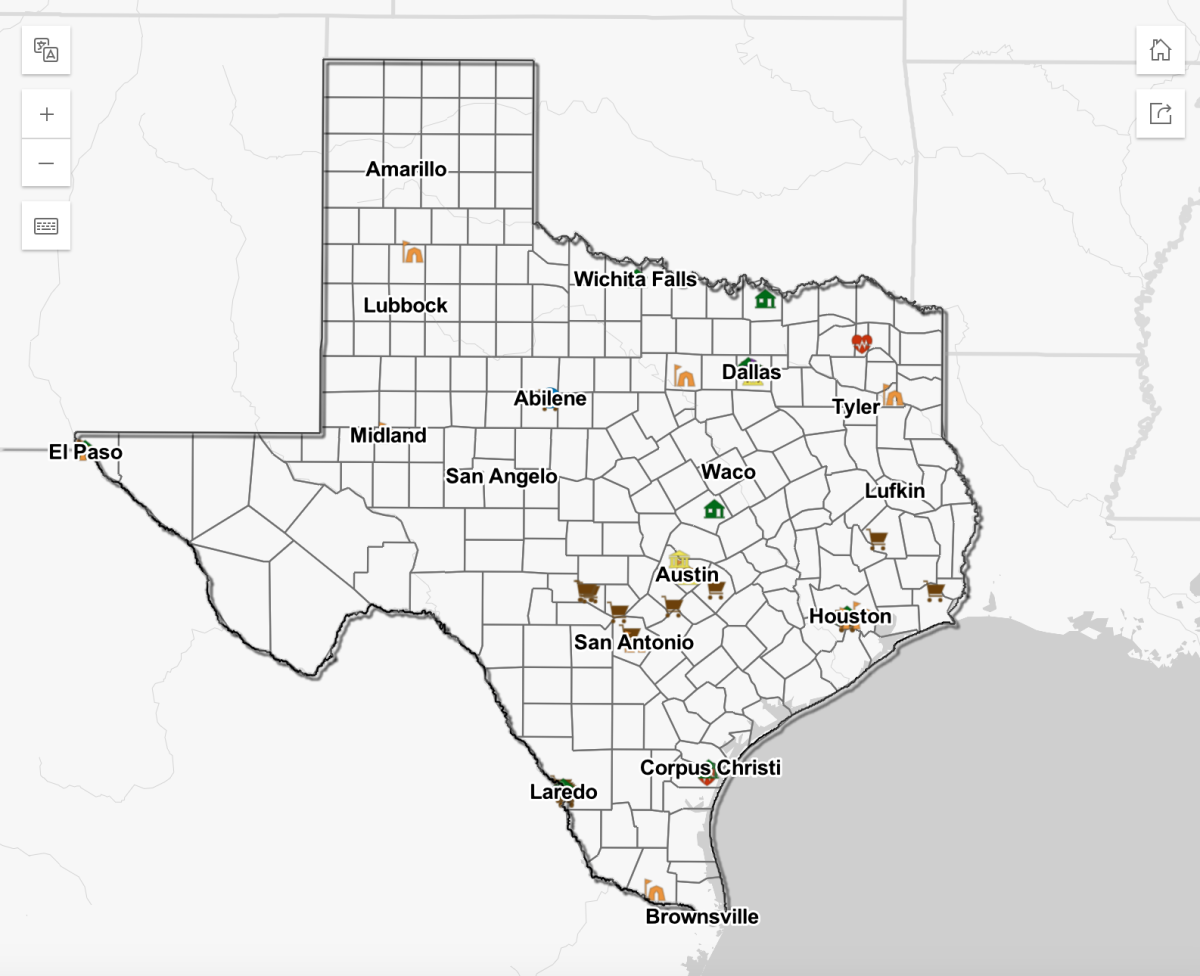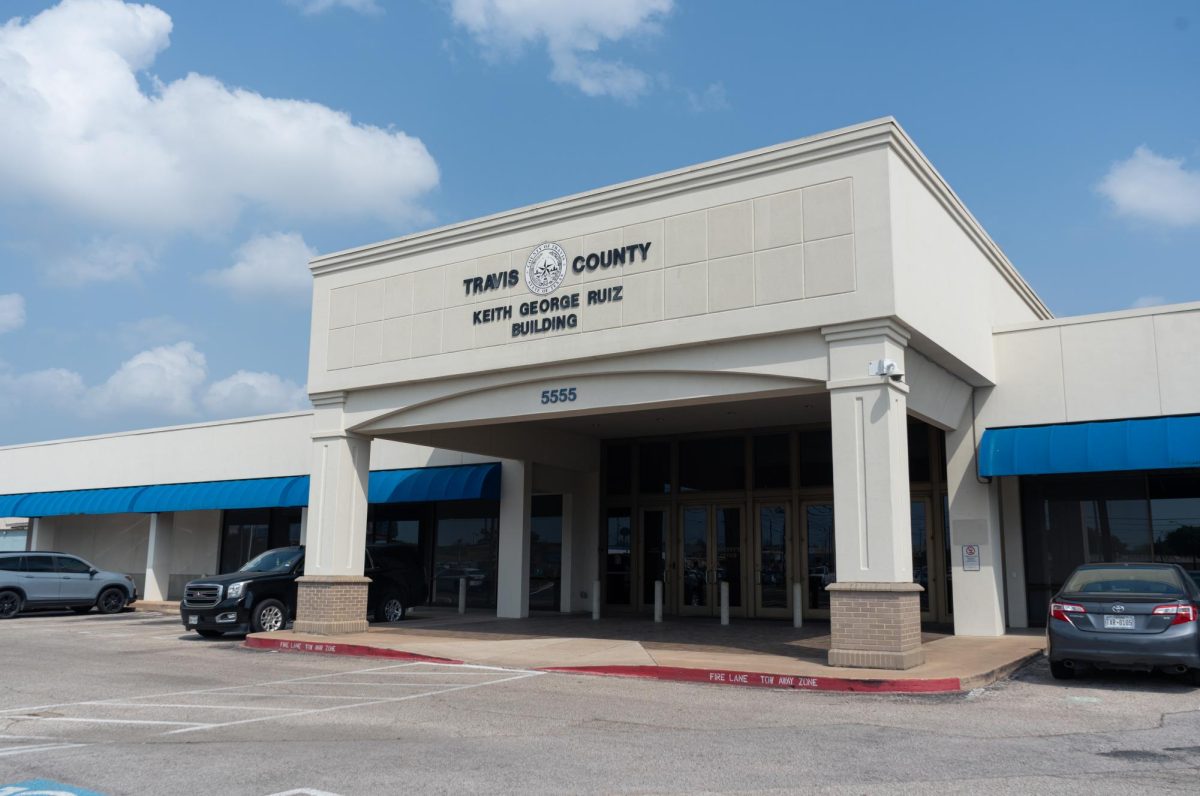Psychology junior Kayla Sommer was enrolled in Texas Medicaid her whole life until she aged out of the program, causing her to scramble for alternative coverage. As a college student with limited funding and pre-existing medical conditions, Sommer said finding the right coverage was a challenge.
“I was going through school stuff and then a lot of other money troubles with my family, so being able to pay for (insurance) was stressful,” Sommer said. “I was on the phone with (insurance providers) … multiple times a day trying to get the information I needed (and) sitting on wait lines for very long.”
Texas is one of 10 states that did not expand Medicaid, meaning nondisabled Texans ages 19 to 64 are ineligible for Medicaid regardless of income. The state also has the highest uninsurance rate in the nation at 17.6%, according to the U.S. Census Bureau’s 2022 Five-Year estimate.
Sommer is one of many Texans who fall into a Medicaid coverage gap, in which those below the poverty line are ineligible for both Medicaid and healthcare provisions of the Affordable Care Act, according to the federal healthcare website.
In a press conference on Oct. 30, U.S. Rep. Lloyd Doggett urged Texans to seek affordable healthcare coverage by Dec. 15, kicking off the open enrollment period with a reminder of free advising services as Texas battles high uninsurance rates.
Doggett said Prosper Centers of Foundation Communities, a nonprofit that provides support and resources for individuals, offers free advising appointments to help Texans enroll in coverage that best fits them.
“It won’t cost you anything to come by and get expert advice, and you can get access to a plan you never thought could be available to your family,” Doggett said during the press conference.
Doggett said Texas lawmakers need to push for Medicaid expansion, but his team drafted legislation to extend benefits like those of the Affordable Care Act to states with unexpanded Medicaid.
“There could be as many as two million people that are too poor to qualify for marketplace plans and need Medicaid,” Doggett said.
Lisa Kirsch, policy director at Dell Medical School and former Texas Medicaid employee, said getting health coverage is especially challenging for students in Texas. A March Forbes study ranked Texas as the fifth most expensive state for health care. The voluntary UT student health insurance plan costs $3,438 per year.
“Our system is so complicated, it’s really hard to understand healthcare in the U.S.,” Kirsch said. “It’s tricky to navigate, and it might not be your highest priority until you actually … need to access care.”
Kirsch said getting insurance is difficult for those in the coverage gap, but there are options for low-income people to get care for a sliding scale fee. Travis County residents can receive affordable healthcare and related resources through the Central Health Medical Access Program and federally qualified health centers, including Lone Star Circle of Care, People’s Community Clinic and CommunityCare Health Centers, Kirsch said.
“I know (students) are going to do whatever (they) need to do, day to day, to get by,” Kirsch said. “I would just say (to) keep healthcare on the list of things that are important.”
The Open Enrollment deadline is Jan. 15, but participants must enroll by Dec. 15 to ensure there is not a gap in coverage. To enroll in UT’s student health coverage, visit the UT Academic Health Plans website.














